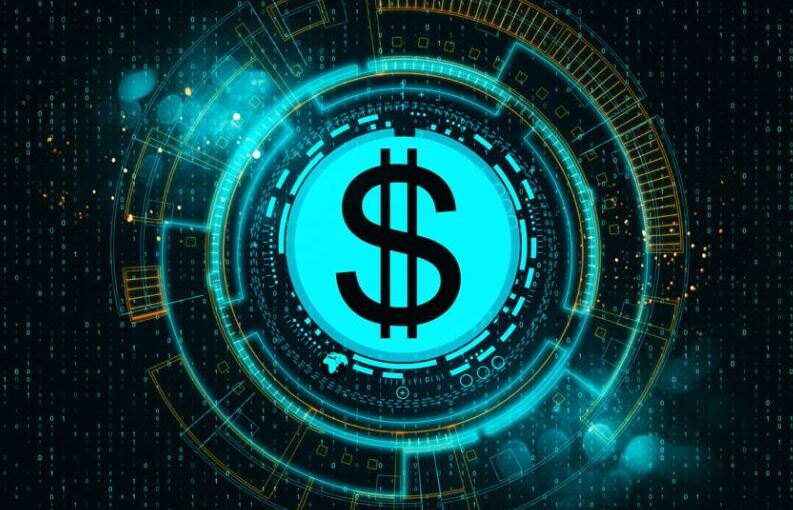It has been suggested that the creation of a central bank digital currency, also known as the digital dollar, could assist in bolstering the United States’ position as a leader in the international monetary system. The administration of President Joe Biden is inching closer to achieving this goal.
The White House stated on Friday that after President Joe Biden issued an executive order in March calling on a variety of agencies to look into ways to regulate digital assets, the agencies came up with nine reports covering the impacts of cryptocurrencies on financial markets, the environment, innovation, and other elements of the economic system. The executive order was issued by President Joe Biden.
One of the recommendations made by the Treasury Department is that the United States “advance policy and technical work on a potential central bank digital currency, or CBDC, so that the United States is prepared if CBDC is determined to be in the national interest.” This recommendation was made by Treasury Secretary Janet Yellen.
During a call with reporters on Thursday, when she laid out some of the findings of the studies, Yellen said that “right now, certain parts of our present payment system are either too sluggish or too costly.”
Central bank digital currencies are distinct from digital money that is now accessible to the general public, such as the amount in a bank account, due to the fact that central bank digital currencies would be a direct obligation of the Federal Reserve rather than a commercial bank.
According to a nonpartisan think group called the Atlantic Council, 105 nations that comprise more than 95% of global gross domestic product are currently investigating or have developed a central bank digital currency. These countries are already using digital currencies.
According to the findings of the council, both the United States and the United Kingdom are very far behind in developing a digital dollar or anything like.
Treasury, the Justice Department, the Consumer Financial Protection Bureau, the Securities and Exchange Commission, and other government agencies have been tasked with the responsibility of contributing to reports that will address various concerns regarding the risks, development, and usage of digital assets. In the next weeks and months, a number of reports are going to be made public.
According to Eswar Prasad, a trade professor at Cornell who studies the digitization of currencies, Treasury’s report “takes a positive view about how a digital dollar might play a useful role in increasing payment options for individuals and businesses” while acknowledging the risks of its development. Prasad said this despite the fact that the report acknowledges the potential downsides of the development of digital currency.
According to what he had to say, the study paves the way for the establishment of agency rules and laws “that may enhance the benefit-risk tradeoff associated with cryptocurrencies and similar technology.”
The Blockchain Association, which is involved in lobbying on Capitol Hill, issued a statement in which it referred to the claims coming from the White House as “a squandered chance to entrench U.S. crypto leadership.”
According to the statement, these reports concentrate on dangers rather than potential benefits “”and omit substantive recommendations on how the United States can promote its burgeoning crypto industry, including recommendations regarding job creation, improvements to the financial system, and expanded access for all Americans.”
On Capitol Hill, legislators have introduced a number of different pieces of legislation to regulate cryptocurrencies and other types of digital assets.
In an emailed comment, Sheila Warren, CEO of the Crypto Council for Innovation, stated that the research “seems to kick the can down the road.” She added that “we don’t see specific suggestions.”
According to comments made to the media by Brian Deese, director of the National Economic Council, “we have seen in recent months substantial turmoil in cryptocurrency markets. These events really highlight how, without proper oversight, cryptocurrencies risk harming both the financial stability of everyday Americans and our national security.”
According to him, “it is for reasons like these that this government feels that wise regulation of cryptocurrencies is required today more than it has ever been before.”
He said on Friday that the Administration is making preparations to “”implement a comprehensive action plan with priority actions to reduce significant dangers of cryptocurrencies, including, but not limited to, money laundering and funding for terrorism.”
